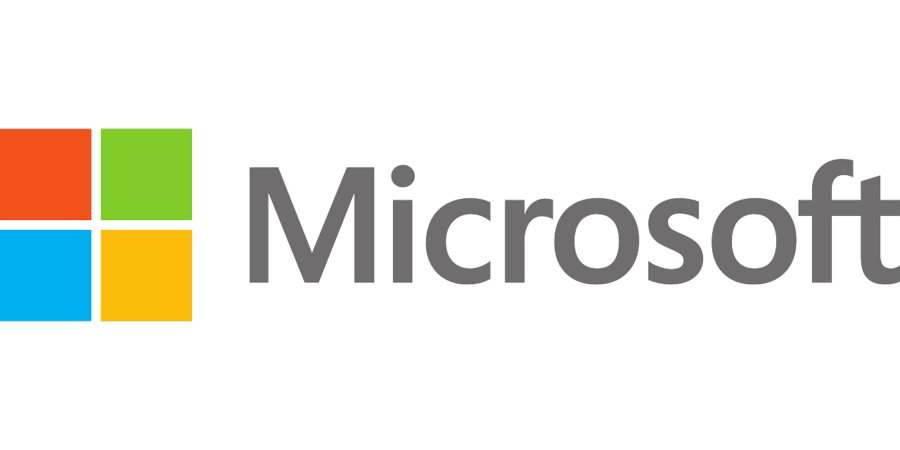Microsoft promises to be carbon negative by 2030

Microsoft has promised that by 2030 it will be carbon negative, and by 2050 it will have removed all the carbon it has emitted since its founding in 1975.
To become negative, the company will have to not just reduce its carbon emissions and shift to renewable resources, but actually offset its carbon footprint.
The challenge ahead
With the science behind anthropocentric climate change settled, customers and companies face increasing pressure to reduce emissions.
There are three commonly classified categories of emission: Scope 1, those directly from a person or company's activities; Scope 2, those indirectly created by the production of the electricity or heat used; and Scope 3, those indirectly created by all other activities (such as food production, or manufacturing of goods used).
For 2020, Microsoft - currently worth $1.27 trillion - expects to emit 100,000 metric tons of Scope 1 carbon, four million tons of Scope 2 carbon, and 12m tons of Scope 3.
"Historically we’ve focused on Microsoft’s scope 1 and 2 emissions, but other than employee travel, we haven’t calculated as thoroughly our scope 3 emissions," company president Brad Smith said in a blog post.
"That’s why we’re committing to becoming carbon negative for 2030 for all three scopes."
By the middle of the decade, Microsoft expects to bring Scope 1 and 2 emissions to "near zero" by shifting to 100 percent renewable energy supply via power purchase agreements for the electricity consumed by its data centers, buildings, and campuses. It will electrify its global campus operations vehicle fleet by 2030, and "pursue" International Living Future Institute Zero Carbon certification and LEED Platinum certification for our Silicon Valley Campus and Puget Sound Campus Modernization projects.
It will aim to reduce its Scope 3 emissions by more than half by phasing in an internal carbon tax from July 2020. The fee will start at $15/metric ton, covering Scopes 1 and 2 and Scope 3 travel emissions. "Our fee is paid by each division in our business based on its carbon emissions, and the funds are used to pay for sustainability improvements," Smith said.
All other Scope 3 emissions will be charged via a lower, undisclosed, carbon fee - which will eventually rise to the same level.
By July 2021, the company plans to implement a procurement process that incentivizes emissions reductions among suppliers, and encourages accurate reporting.
By 2030, Microsoft will then start using negative emission technologies "potentially including afforestation and reforestation, soil carbon sequestration, bioenergy with carbon capture and storage (BECCs), and direct air capture (DAC)," Smith said. The company expects to first focus on nature-based solutions, but shift to technology-based ones if and when they improve.
To help those technologies develop, Microsoft plans to invest $1 billion over the next four years "into new technologies and expand access to capital around the world to people working to solve this problem," Smith said. "We understand that this is just a fraction of the investment needed, but our hope is that it spurs more governments and companies to invest in new ways as well."
He added: "We’ll focus our funding on investments primarily based on four criteria: (1) strategies that have the prospect of driving meaningful decarbonization, climate resilience, or other sustainability impact; (2) additional market impact in accelerating current and potential solutions; (3) relevance to Microsoft by creating technologies we can use to address our unpaid climate debt and future emissions; and (4) consideration of climate equity, including for developing economies."
Not to be negative
"While there is a lot to celebrate in Microsoft's announcement, a gaping hole remains unaddressed," Greenpeace senior campaigner Elizabeth Jardim. "Microsoft's expanding efforts to help fossil fuel companies drill more oil and gas with machine-learning and other AI technologies."
Along with the other major cloud providers, Microsoft continues to pursue lucrative contracts with fossil fuel companies, with an Azure division dedicated to the sector.
In the customer stories section of its website, among those featured are BP, Shell, Eni, Petrofac, ExxonMobil, Chevron, Oilfield Solutions, and Volga Gas.
"Visualize reservoir simulations to increase drilling hit rates using high-performance computing (HPC)," Microsoft's 'Azure for the energy industry' page states. "Improve decision-making and reservoir production using IoT drilling sensors and advanced analytics," it adds.
source datacenterdynamics
Industry: Cloud Computing
